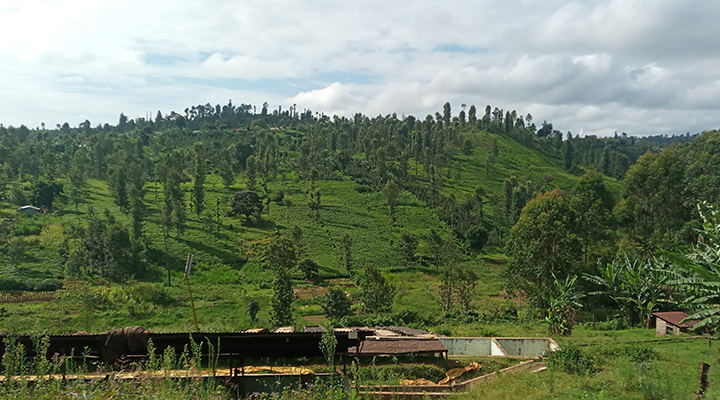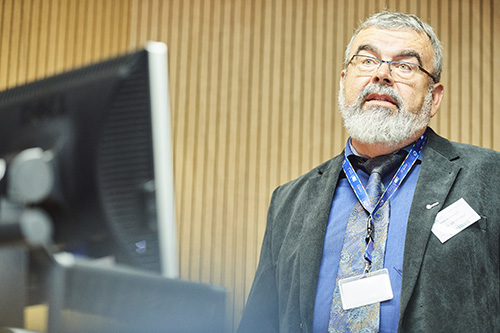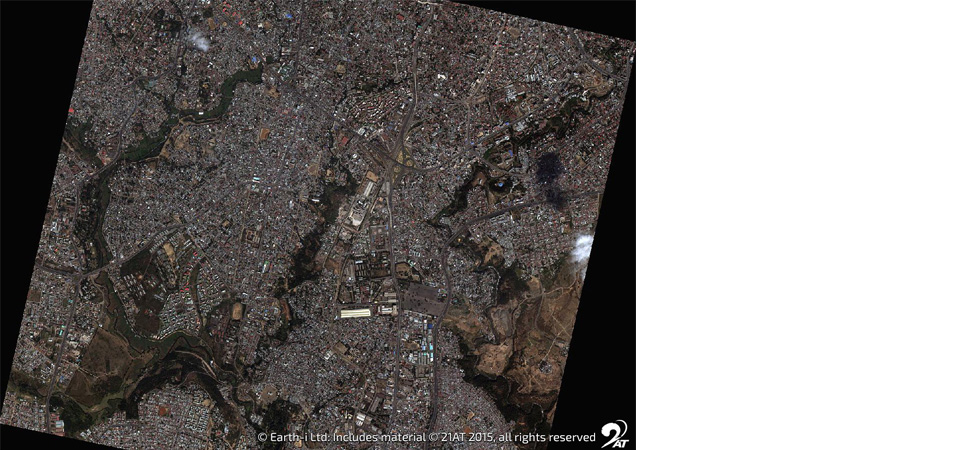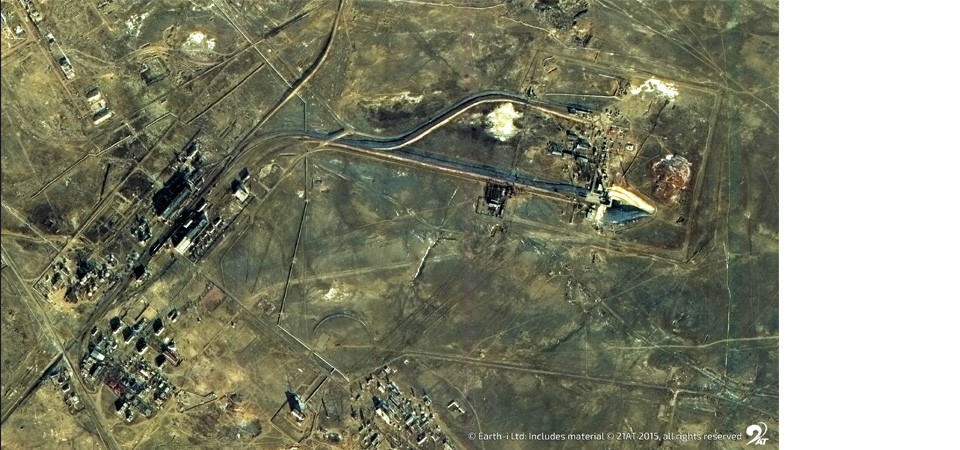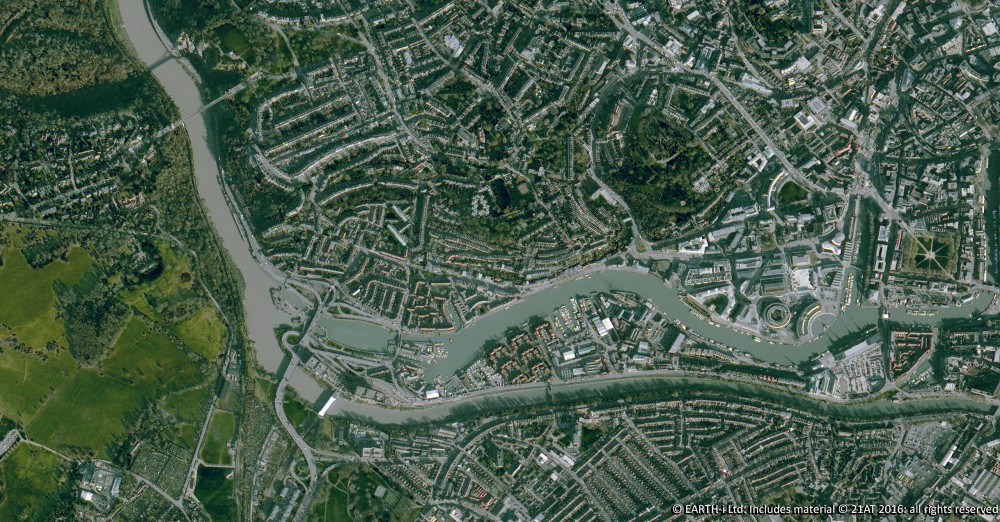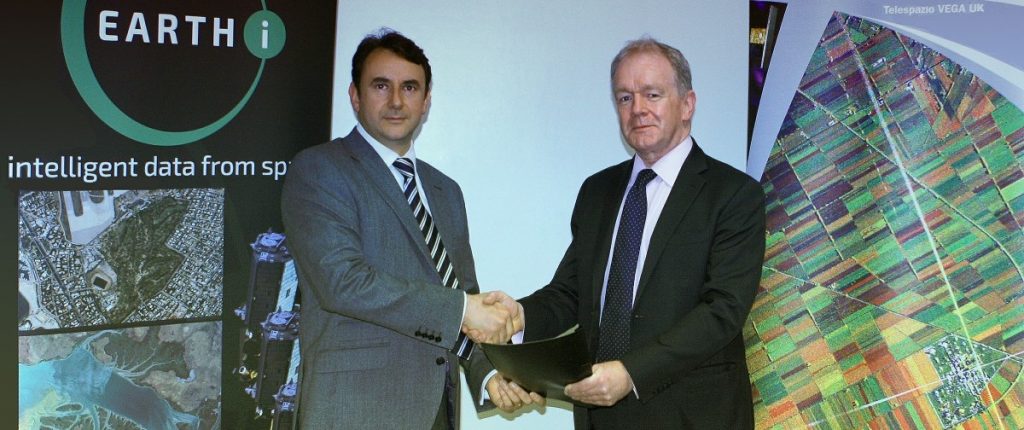Agriculture is a major contributor to the economic growth of many countries. Crucial to that growth are the many millions of smallholder farmers, whose expertise and hard work in the field underpin the global agricultural sector. This is especially true for the 26,000,000 coffee growers in more than 70 producer countries.
Coffee requires careful supervision, and timely interventions, in order to ensure optimal yields of a high-quality final product. An increasingly effective way to support production is to equip farmers with new technologies that support them directly. Such new solutions support growers to make timely, effective crop management decisions and better able to cope with the impact of climate change.
The challenge is not insubstantial, and made worse with the impact on coffee supply chains from the current pandemic. In Kenya, there are over 800,000 smallholder farmers whose livelihoods depend on coffee. Coffee farmers are responsible for the quality and consistent supply of coffee cherries. Their productivity, and the effectiveness of their farming practices, obviously underpins the whole supply chain. The COVID19 pandemic has disrupted those supply chains and significantly impacted the ability of coffee farmers to maintain production and supply, let alone make a decent return on their crop. The supply of coffee beans to roasters this year and next will be heavily impacted by the global crisis.
The long term threat remains climate change and volatile markets
However, the pandemic represents an immediate and perhaps shorter term threat. It is factors such as climate change and cyclically volatile commodity prices that threaten the long-term sustainability of smallholder coffee farming, and therefore sustainable livelihoods of farmers in producer countries like Kenya. The price of Arabica coffee fell to less than $1 per pound in 2019, which is much lower than the peak historical coffee price of ~$3.06 per pound.
Although the global coffee industry is worth over $200 billion, less than 5% goes back to the coffee producing countries, like Kenya, Ethiopia and Uganda. In fact, it has been estimated that for a £2.50 cup of coffee at retail, the coffee itself is only 10p of the value, and of that the original growers receive around 1p.
For smallholder African coffee farmers, coffee is a cash crop – grown to be sold, with this income being used to support growers and their families’ education, food, and healthcare. The domestic market for coffee in East Africa is very small, so the vast majority of the crop is ultimately for export. Global supply fluctuates, and prices on the market can therefore be volatile. This price volatility has a direct impact upon growers’ livelihoods and income from coffee can fall below cost. Harvesting and export processing are spread out over months and farmers have to ensure they have saved enough to cover their costs in the months before finally receiving payment for their crop sometime after the harvest. And even then, it could mean a loss not a profit.
Technology can build farmer resilience
To foster resilience for coffee growers, and maintain the production of consistently good yields of high quality coffee, the industry should now invest in technology effective at the producer level. ACCORD is one of those solutions – designed precisely for farmers – an indispensable tool in achieving a reliable, successful, high-yield harvest of high quality coffee and a chance to improve the incomes of farmers. ACCORD is funded by the UK Space Agency through its International Partnership programme (IPP), and currently supporting more than 40,000 farmers in Kenya and Rwanda.
Climate change has made local weather patterns in the region unpredictable, as well as increased the frequency of extreme weather events such as drought. Less predictable weather conditions also undermine the efforts of growers and agronomists to prevent the spread of pests and diseases, the risks of which can relate to the incidence of specific climate conditions. These factors can be mitigated but farmers need forewarning to take protective measures. Knowing when to be alert for threats to the coffee trees and when to apply protective inputs, such as pesticides and fungicides, can make a big difference to crop outcomes.
Timeliness and transparency support more sustainable supply chains
By advising farmers directly, and in a timelier manner, ACCORD gives farmers the knowledge they need to mitigate the impact of climate change. Precise information about local weather and the appropriate crop interventions will deliver higher yields. Accurate alerts on weather patterns and local climate conditions helps farmers intervene in a timely manner to protect their crop against damage from extreme events, pests, and diseases. It helps ensure that high quality crops are grown, farm yields are maximised, and farmers are more likely to extract a profit from their fields.
Furthermore, technology solutions like ACCORD support the coffee supply chain as a whole by encouraging transparency from the farm and cooperative level up. Recent interest in sustainability, fair trade and corporate social responsibility has encouraged consumer interest in the origin of their cup of coffee. Coffee retailers who promote transparency do so in the belief that this offers competitive advantage, and promotes appealing brand values to consumers. Transparency supports more conscious and ethical consumption of coffee. ACCORD supports the accountability conscious consumers want, by profiling farmers and mapping fields of origin for coffee exporters, and supplying farmers and their cooperatives with stronger, more sustainable foothold in the coffee supply chain, from farm to cup.
To find out more, visit www.earthi.space/accord.
To download the brochure, visit: content.earthi.space.
Earth Observation specialist brings over 25 years technology and applications experience to company offering daily high-resolution imaging and data…

